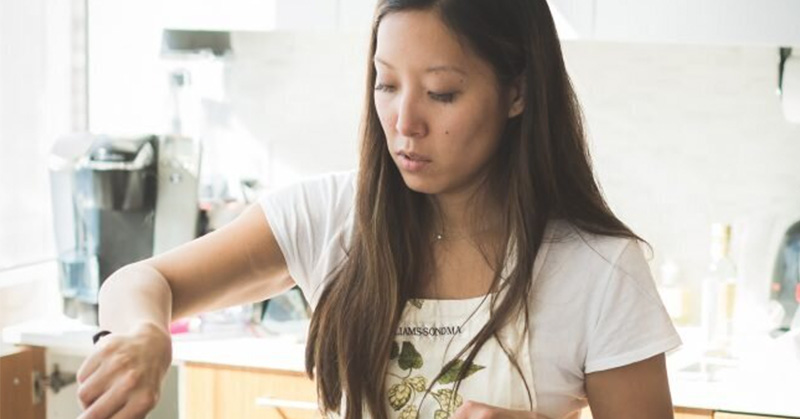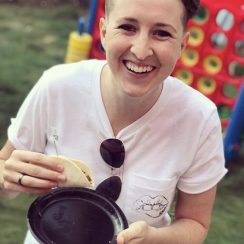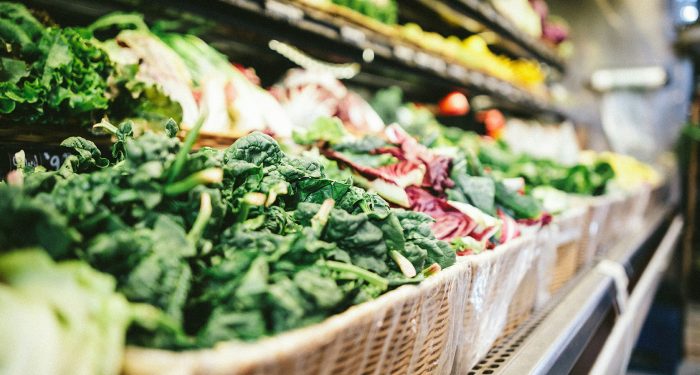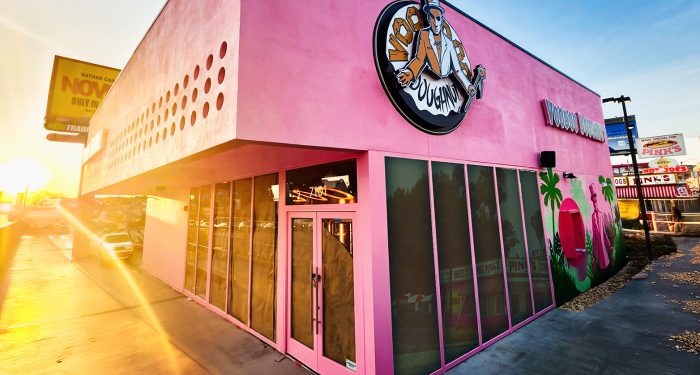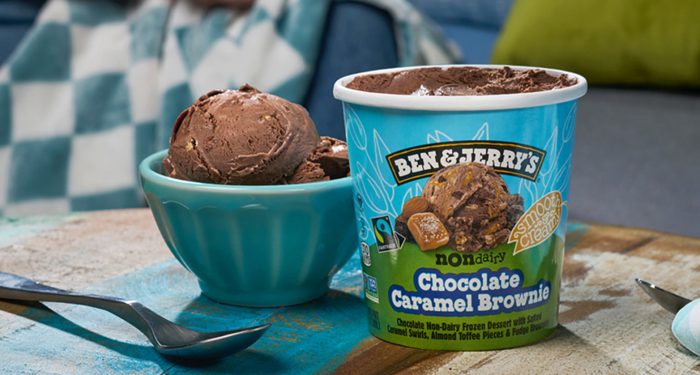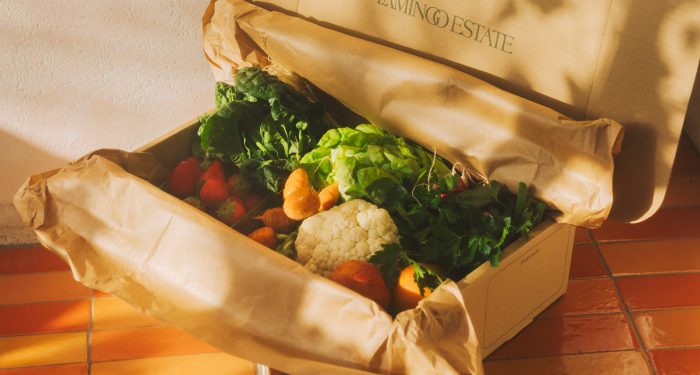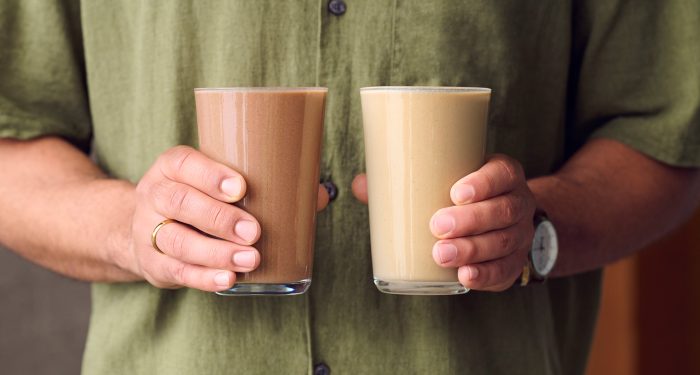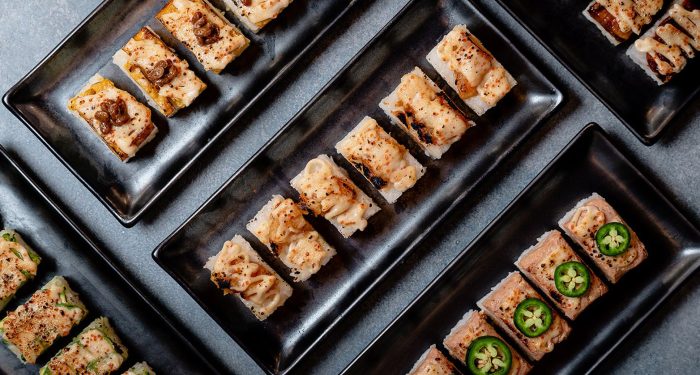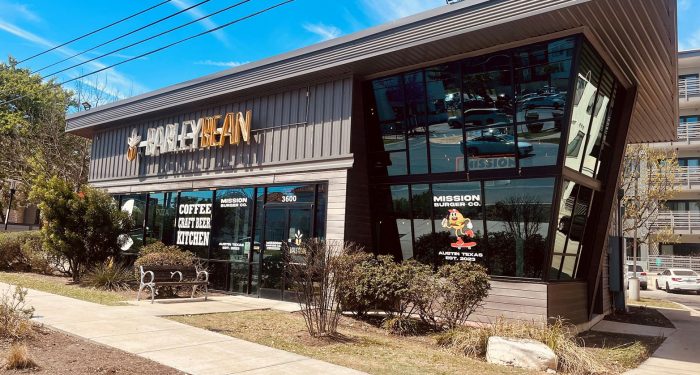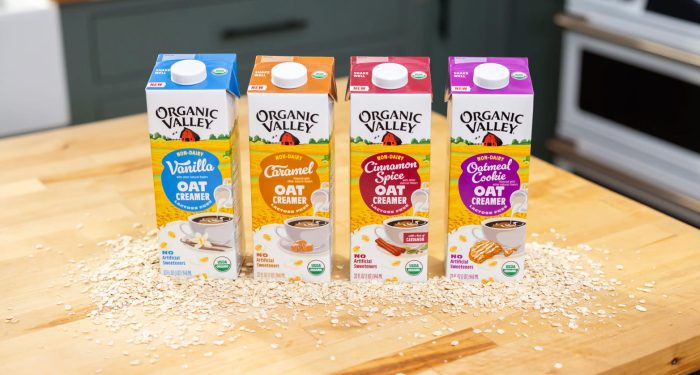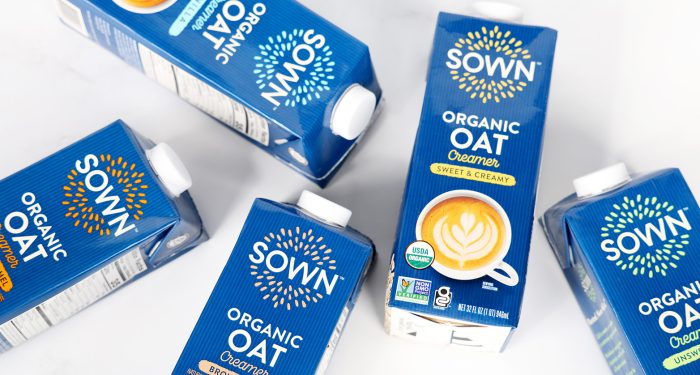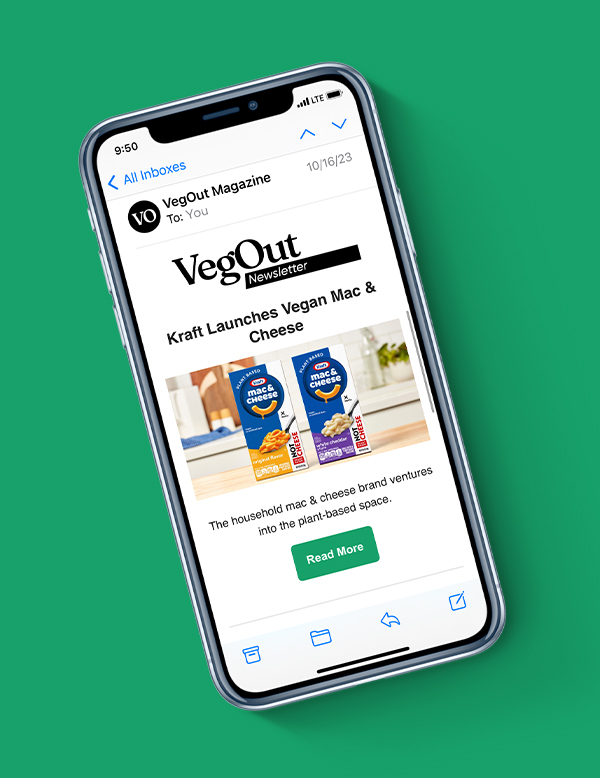Blogger, social media personality, and digital creator Joanne Molinaro—aka The Korean Vegan—published her first cookbook early last month.
If you’ve spent any time on TikTok this year (who hasn’t?), you’ve probably come across some of The Korean Vegan’s videos. With 2.7 million followers on the platform and an additional 583K followers on Instagram, the digital creator’s recipe videos have attracted an audience due to their unique blend of storytelling and inspiration. Early last month, The Korean Vegan published her first cookbook, and it’s already been a huge success—topping out at #3 on the New York Times Bestseller list in the Advice, How-To, and Miscellaneous category.
The Korean Vegan: Digital Creator, Vegan Chef, and Expert Storyteller
Joanne Molinaro’s success as an online storyteller comes from just that—her ability to tell stories that unite people, inspire them to be better, and teach them about culture and identity. Reading her blog or watching one of her videos feels like you’re in the kitchen with her as she cooks galbi, doenjang chigae, and naengmyeon while telling the story of having that meal with her family on her birthday during a rough patch in her life, or when she shares how it felt to hear her Korean mother compliment her on her vegan kimchi.
The Korean Vegan Cookbook: Reflections and Recipes From Omma’s Kitchen
The cookbook—aptly named The Korean Vegan Cookbook: Reflections and Recipes from Omma’s Kitchen
—is a culmination of five years’ experience veganizing her favorite Korean recipes that she loves and grew up with. There are more than 80 recipes over the 336 pages of the book for everything from traditional noodle and pasta dishes to banchan (side dishes) and bbang (breads) to 46 pages of sweet desserts. But you won’t just find simple recipes in this cookbook.
Like her traditional storytelling on her blog and social media platforms, the cookbook is filled with intimate stories about how food and family have shaped her identity. There’s an extensive introduction, in which Molinaro shares how adopting a vegan diet made her worried that she would lose some of her Korean identity and how this dilemma led her to learn from her Korean ancestors about the stories and traditions that shaped the way an entire culture looks at food.
The cookbook also contains education on traditional ingredients used in Korean cooking, like what type of soy sauce you should use in each recipe or her favorite brand of doenjang. She shares what staples she keeps in her kitchen and how they can be used.
Visit TheKoreanVegan.com to learn more about Molinaro’s story, browse some of her online recipes, or to check out the location of the next stop on her book tour. The cookbook can be purchased on Amazon
, or at Barnes & Noble, Bookshop, and Target.

